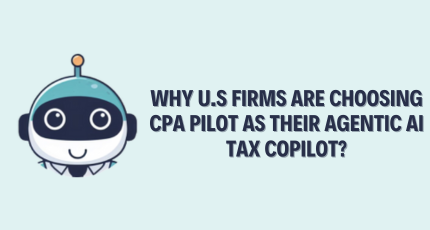4 Things Every Tax and Audit Professional Should Know About Agentic AI
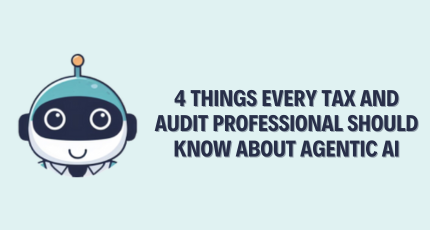
[Last Updated on 5 months ago]
Agentic AI moves beyond prediction or content generation to perform multi-step tasks autonomously. For accounting firms, it means AI that can plan, analyze, and act across tax and audit workflows. CPA Pilot turns this capability into practical results — automating compliance, enhancing accuracy, and amplifying human expertise.
TL;DR — Agentic AI for Tax and Audit Professionals
- Agentic AI goes beyond prediction and generation to plan, act, and adapt autonomously.
- In CPA Pilot, it powers workflows that handle:
- Tax research and memo drafting with verified IRS/state citations
- Audit anomaly detection and review-ready workpapers
- Continuous compliance monitoring and auto alerts
- Client communication and workflow coordination
- Predictive AI forecasts trends. Generative AI creates content. Agentic AIexecutes actions with oversight and explainability.
- Firms using Agentic AI gain:
- 60–80% fewer manual review hours
- Real-time audit trails
- Smarter collaboration between humans and AI agents
- Agentic AI does not replace CPAs — it amplifies expertise, automates routine work, and strengthens strategic advisory roles.
- CPA Pilot defines where automation ends and autonomous intelligence begins.
Artificial intelligence is evolving fast — and so is the accounting profession. While many firms have adopted predictive AI for forecasting or generative AI for drafting, a new paradigm is emerging: agentic AI.
This next generation of technology doesn’t just analyze or create — it acts.
Here’s what every accounting and audit professional needs to understand about this transformation.
Table of Contents
- 1️⃣ What Exactly Is Agentic AI?
- 2️⃣ How Agentic AI Differs From Predictive and Generative AI
- 3️⃣ Agentic AI vs. RPA — Cognitive Flexibility vs. Rule-Based Efficiency
- 4️⃣ How Agentic AI Will Transform Tax and Audit Work
- Will Agentic AI Replace Tax Professionals?
- 🚀 The Next Chapter: CPA Pilot and the Era of Autonomous Accounting
1️⃣ What Exactly Is Agentic AI?
Agentic AI refers to intelligent systems capable of autonomously achieving goals within defined parameters.
Unlike rule-based bots or passive assistants, agentic AI can:
- Plan and execute multi-step workflows
- Combine and interpret data from multiple sources
- Adjust its process as new information emerges
- Make context-aware decisions under human oversight
- Collaborate with other AI agents or business systems
Think of it as an AI coworker that reasons like a human analyst but moves at digital speed.
How CPA Pilot Implements Agentic AI:
In CPA Pilot, autonomous agents research complex tax codes, reconcile financial data, draft preliminary memos with citations, and even route tasks for partner review — all while logging every step for transparency.
2️⃣ How Agentic AI Differs From Predictive and Generative AI
| AI Type | Core Capability | Typical Use in Accounting | Limitation |
|---|---|---|---|
| Predictive AI | Forecasts using historical data | Trend analysis, audit risk prediction | Static; cannot act on insights |
| Generative AI | Produces content from prompts | Drafting memos, explaining tax concepts | Lacks execution ability |
| Agentic AI | Acts autonomously toward outcomes | Executes filings, manages workflows, interacts with systems | Requires ethical guardrails |
To understand its power, it helps to compare the three dominant AI types in accounting.
Agentic AI fuses the interpretive strength of LLMs with the precision of automation — giving firms the ability to move from decision support to decision execution.
3️⃣ Agentic AI vs. RPA — Cognitive Flexibility vs. Rule-Based Efficiency
Many firms already use Robotic Process Automation (RPA) to streamline repetitive tasks — entering data, moving files, reconciling balances.
But RPA follows static rules.
Agentic AI, on the other hand, learns and adapts:
- It can spot anomalies RPA would ignore.
- It adjusts workflows in response to new tax law changes.
- It decides which data sources to prioritize for accuracy.
Key Distinction:
RPA executes instructions. Agentic AI reasons about objectives.
Within CPA Pilot, Agentic AI tax assistant – RPA handles the repetitive. agentic ai handles the responsive , continuously learning from firm data to optimize each engagement.
4️⃣ How Agentic AI Will Transform Tax and Audit Work
Agentic AI is already redefining professional roles across finance and accounting.
🔹 Automated Research & Analysis
AI agents autonomously analyze tax legislation, summarize key rulings, and prepare memos citing authoritative sources — eliminating countless research hours.
🔹 Continuous Compliance Monitoring
Agents watch for regulatory changes, trigger alerts, and update internal documentation automatically, reducing risk of missed filings.
🔹 Audit Assistance & Anomaly Detection
CPA Pilot’s audit agents cross-verify ledgers, flag inconsistencies, and draft preliminary audit findings ready for partner validation.
🔹 Intelligent Client Interaction
Agents schedule reviews, answer standard client questions, and deliver clear status summaries — freeing staff for advisory discussions.
🔹 Strategic Insight and Forecasting
By integrating market and regulatory data, agentic AI supports proactive tax planning and financial scenario modeling.
🔹 Workflow Orchestration
In multi-office firms, CPA Pilot coordinates tasks between human teams and AI agents, ensuring deadlines are met without burnout.
Will Agentic AI Replace Tax Professionals?
Absolutely not.
Agentic AI is a co-pilot, not a replacement.
While it performs procedural work, humans remain essential for:
- Ethical and regulatory oversight
- Interpreting ambiguous data
- Building trust and relationships
- Strategic and creative problem-solving
The partnership is symbiotic — machines handle the repetitive; people handle the relational.
Agentic AI expands capacity without diluting expertise.
🚀 The Next Chapter: CPA Pilot and the Era of Autonomous Accounting
CPA Pilot is at the forefront of applying agentic AI to tax and audit work.
By embedding decision logic, explainability, and compliance frameworks, it turns cutting-edge AI into practical advantage.
Expected Impact Over the Next 3 Years:
- 60–80 % reduction in manual review hours
- Real-time audit trail generation
- Unified knowledge graph linking every engagement
- AI-human teams delivering faster, deeper insight
The message is clear: agentic AI isn’t the future — it’s the foundation of the intelligent firm.
CPA Pilot: where automation ends and autonomous intelligence begins.
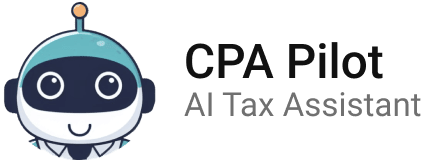
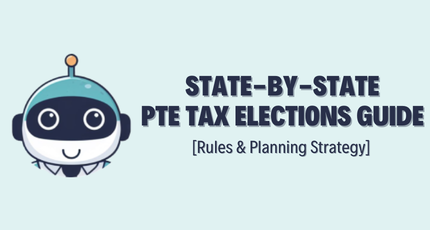
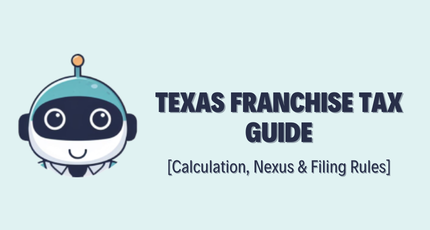
![Florida Tax Planning – Residency, IRS & Multi-State Risk [2026 Guide]](https://www.cpapilot.com/blog/wp-content/uploads/2026/02/Florida-Tax-Planning.png)
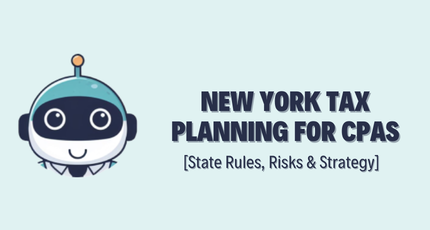
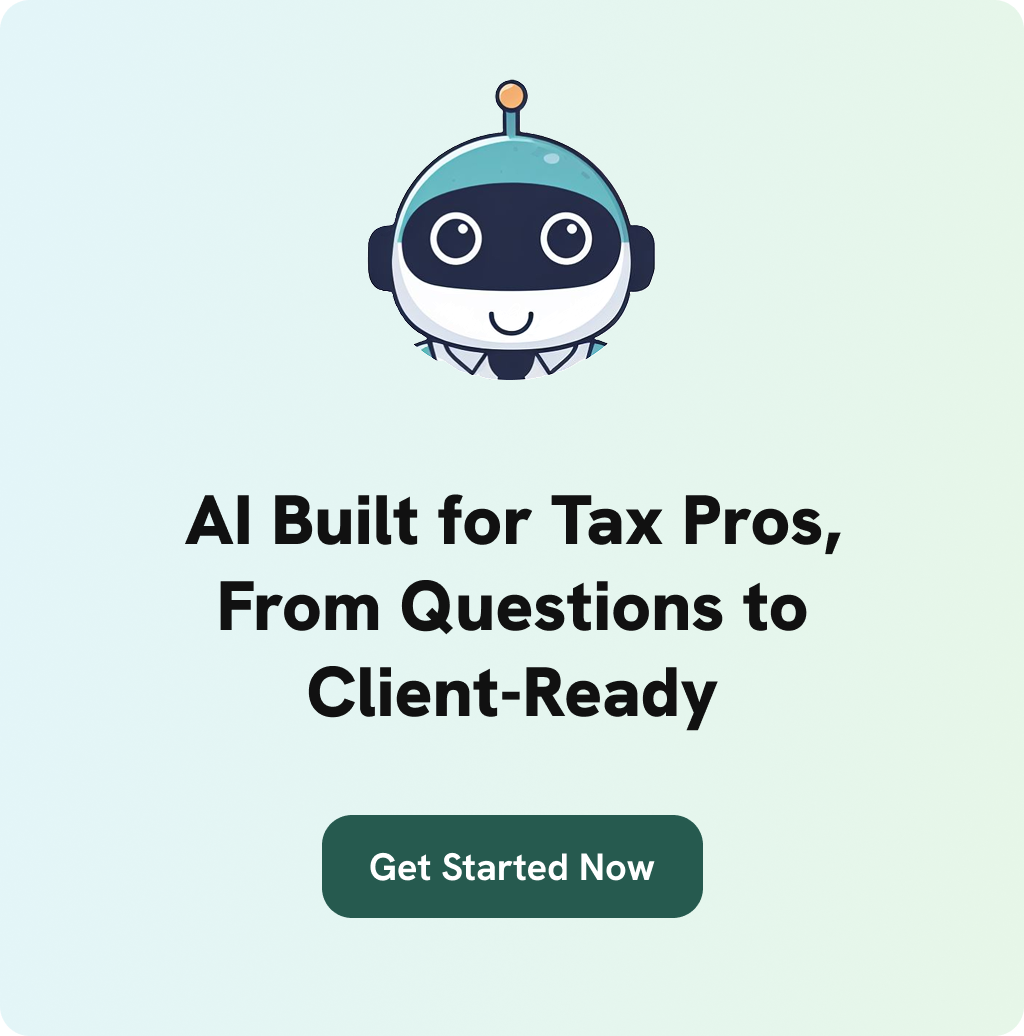
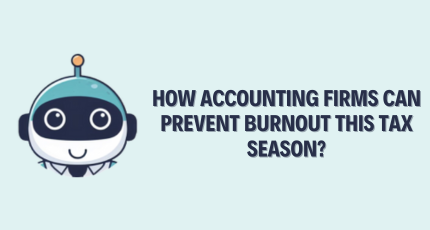
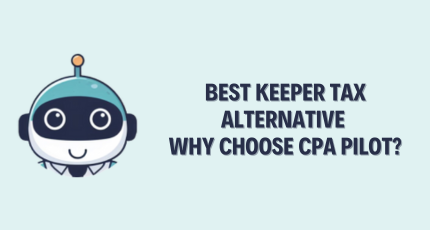

![Last-Minute Mid-Year & Year-End Tax Planning Using AI – [2026 GUIDE]](https://www.cpapilot.com/blog/wp-content/uploads/2025/09/Last-Minute-Mid-Year-Year-End-Tax-Planning-Using-AI.png)
